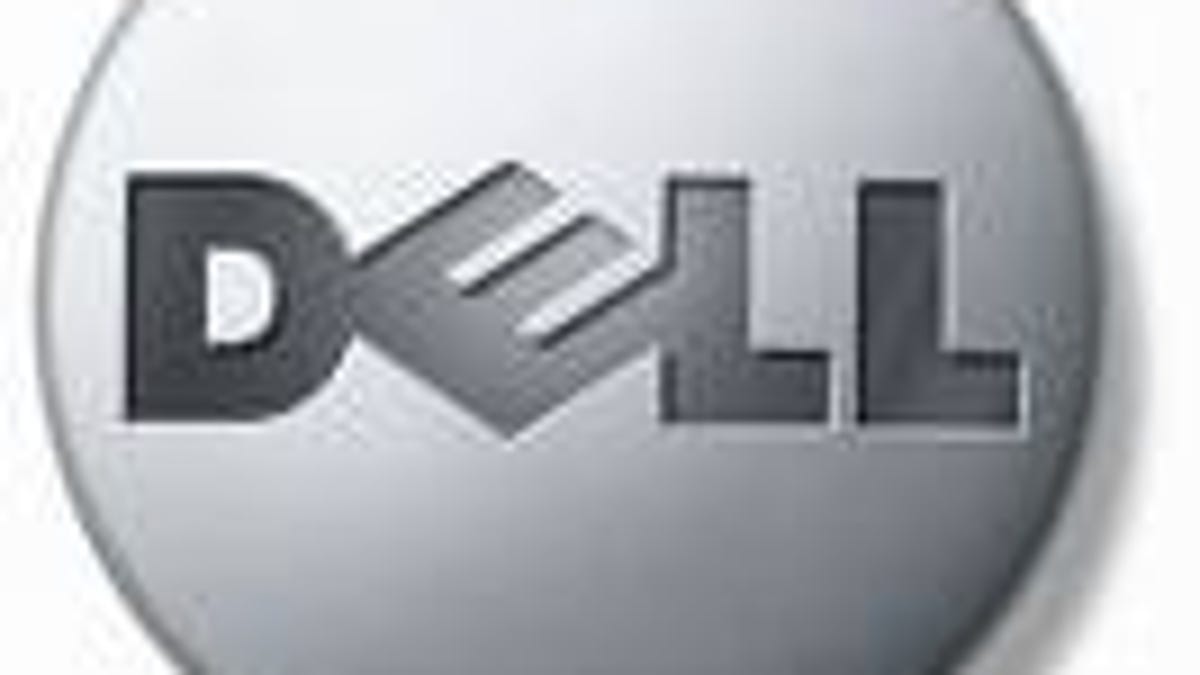Windows 7 could change our perception of PCs
Can Windows 7 be the savior that manufacturers like Dell and HP have been waiting for? Don Reisinger thinks so.

In a recent study from Forrester Research, analysts found that Dell and Hewlett-Packard provided customer experiences that were well below par, while Apple came out on top.
According to the study, which asked 4,500 U.S. consumers to rate the usefulness and enjoyability of products, Dell received a "poor" rating in overall customer experience. The company mustered a "very poor" when it came to the customer's enjoyment using Dell products. HP's experience was rated as "poor," while Apple led the way for computer manufacturers with an overall "good" experience.
Bruce Temkin, the study's author, wrote that while PC manufacturers have some work to do to enhance the consumer's experience, Windows also contributed to the low marks.
"I do think Microsoft's software has a bit to do with it," Temkin wrote. "Consumers don't distinguish problems with the operating system from problems with the PC manufacturer. Bottom line, the Windows ecosystem needs an extreme customer experience makeover."
I agree with Temkin. But I also believe that Windows 7 is the single Windows OS that can improve the consumer's experience.
Aside from compatibility issues, one of my biggest complaints with Windows Vista was its design. Microsoft tried to be too fancy with the look and feel of the OS instead of focusing more on its ease of use. It wasn't an improvement over XP and it ruined my experience.
But Windows 7 is different.
The Windows 7 experience
Windows 7's taskbar is a game-changer. When you roll your mouse over an icon in the taskbar, thumbnails of every open instance of the application will be displayed. If you're unsure which window you want to open, you can hover your mouse over a specific thumbnail and it will be brought to the front in full size. It's a simple addition, but it makes finding open windows much easier. More importantly, it enhances the consumer experience.
Whenever you perform a clean install of an operating system, it's fast. Windows XP was snappy when I installed it on my machine and so was Vista. But after using Windows 7 and comparing it to a clean install of Vista, I found that Windows 7 booted faster than Vista. It also opened applications quicker than its predecessor. The difference wasn't major, but it was noticeable. So noticeable, in fact, that I think consumers will be happy with what they find.
When I used Windows Vista, one of my biggest complaints was the almost constant annoyance from User Account Control. It was everywhere. "Do you really want to open this application?" "Do you really want to download this program?" "Do you really want to sit that way? It might hurt your back." It ruined my experience.
But in Windows 7, the UAC popped up just once or twice over the course of a week. The annoyance was gone. And, once again, it improved my experience.
There are countless other areas where Windows 7 provides an improved experience over Windows Vista. But those three examples illustrate something we can't lose sight of: using Windows 7 is more enjoyable than using its predecessors.
And isn't that all Dell and HP really need? If Temkin is right and most consumers cannot distinguish between the software and the hardware, won't an improved Windows help enhance their overall experience? And won't that, in turn, help PC manufacturers score higher on the survey?
How much higher is the question. Improving a consumer's experience goes beyond installing better software. The hardware needs to follow suit. Though the specs in most PCs are on-par with competing products from Apple, PC manufacturers need to be aware that part of Apple's appeal is in the design of the product. And although HP and Dell have tried to improve the design of their PCs, Macs are still the most attractive computers on the market.
But as these companies try to figure out how to turn things around, it's Windows, that very OS that's currently bringing them down, that will help them break out of their decline.
Check out Don's Digital Home podcast, Twitter stream, and FriendFeed.

